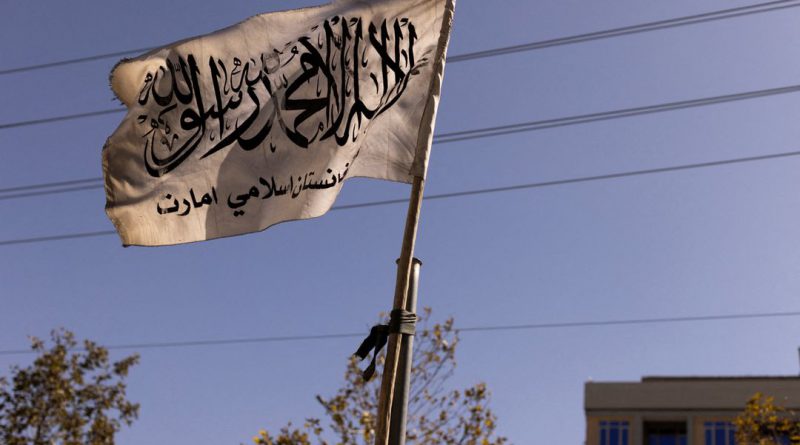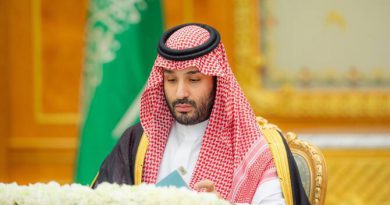Afghan acting PM calls for official recognition of Taliban administration
Kabul (Reuters) – Afghanistan’s acting prime minister, Mullah Hasan Akhund, on Wednesday called for international governments to officially recognise the country’s Taliban administration, saying at a news conference in Kabul that all conditions had been met.
“I ask all governments, especially Islamic countries, that they should start recognition,” Akhund said, in his first major public broadcast appearance since he assumed the role in September.
Akhund was addressing a major economic conference in Kabul where senior administration officials gathered with representatives of 20 countries and the United Nations.
Foreign powers have been reluctant to recognise the Taliban administration which took over Afghanistan in August while Western nations led by the United States have frozen billions of dollars worth of Afghan banking assets and cut off development funding that once formed the backbone of Afghanistan’s economy.
Akhund and other Taliban administration officials made an appeal at the news conference, also attended by United Nations officials, for a loosening of restrictions on money into the country, blaming its growing economic crisis on the freezing of funds.
“Short-term aid is not the solution; we must try to find a way to solve problems fundamentally,” he said.
The international community has ramped up humanitarian aid, designed to address urgent needs and largely bypass official channels. But as the country faces a cash crunch and a deteriorating economy over the harsh winter, millions of people have plunged into poverty.
The UN Secretary General’s Special Representative for Afghanistan Deborah Lyons also spoke at the event, saying Afghanistan’s economic crisis was a serious problem that needed to be addressed by all countries.
“The United Nations is working to revitalise Afghanistan’s economy and fundamentally address Afghanistan’s economic problems,” she said.
The country’s Deputy Prime Minister Mullah Baradar asked that more efforts be made to help Afghanistan overcome its economic crisis, including enabling its banking system to operate.
“Now the world and international organizations know about Afghanistan’s problems, therefore we ask that the world especially the UN not wastes more time on doing their responsibility about Afghanistan,” he said.
He echoed calls for economic solutions to go beyond humanitarian aid and emphasised the importance of the private sector.
“The private sector is very important. If this sector stands up, Afghanistan’s economic problem largely will be solved,” he said. “We want to make Afghanistan self-sufficient, and it is not possible without a private sector.”



